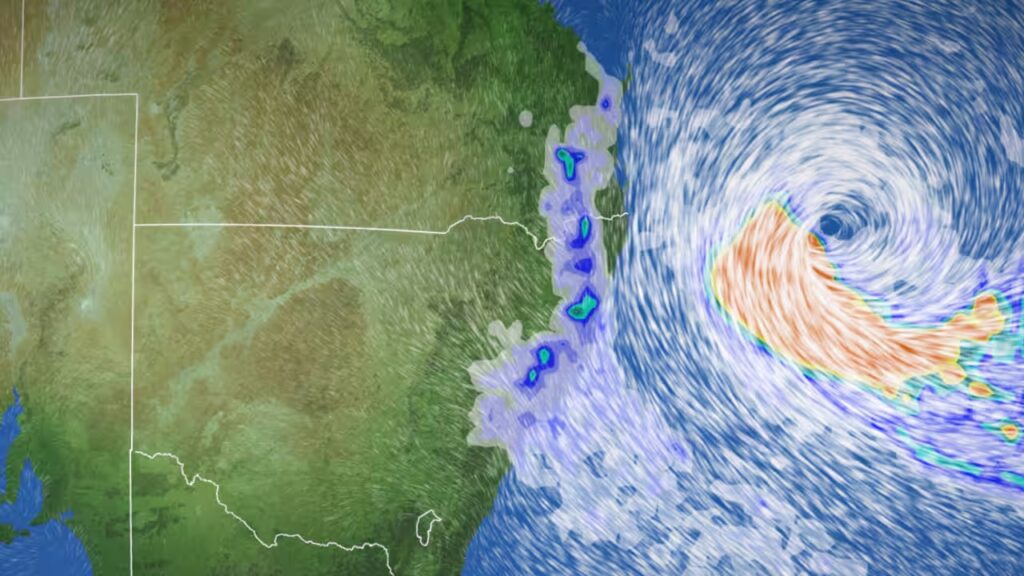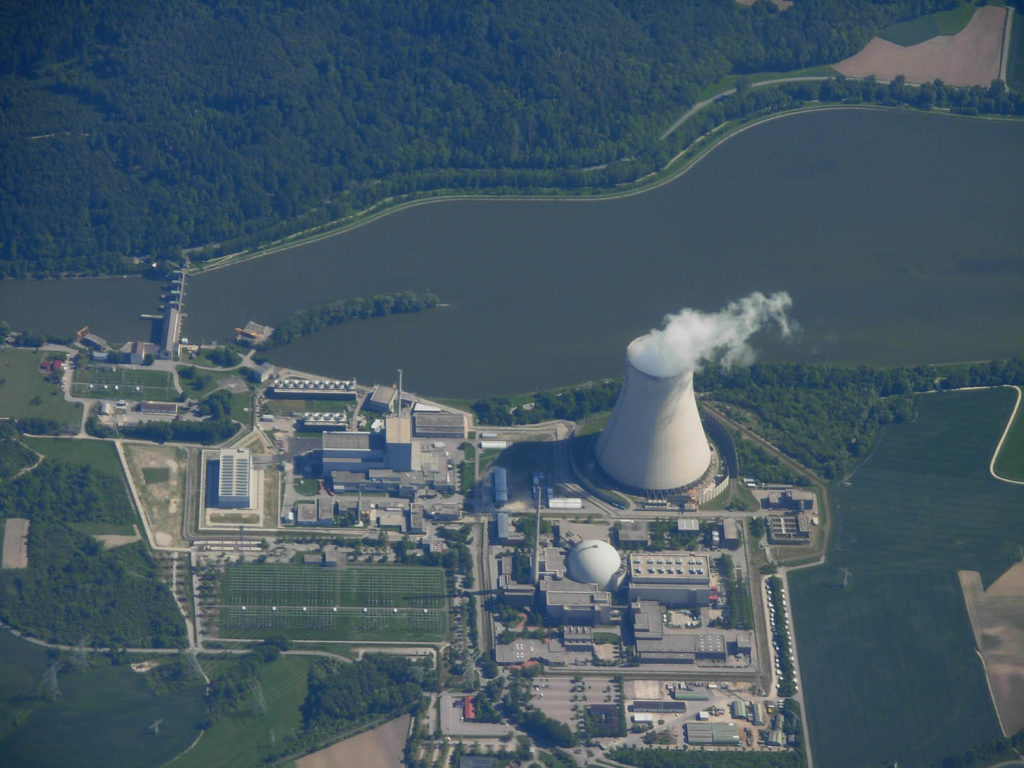The Intergovernmental Panel on Climate Change (IPCC) has just released its latest report, which is a comprehensive assessment of the physical science of climate change. Here, we’ve unpacked what it tells us, why it matters, and what this all means for Australia.
What’s the IPCC?
The IPCC is the most authoritative international body on climate science. The IPCC was established in 1988 and is an essential component of the world’s response to climate change. Its Assessment Reports – published every five to eight years – have been a driving force for action, heavily influencing international agreements.
What is the latest report (6AR WGI)?
This latest report from the IPCC is Working Group I’s (WGI) contribution to the IPCC’s Sixth Assessment Report (6AR). Working Group I assesses the physical scientific basis of climate change. Among other things it covers humans’ influence on the climate system, extreme weather, and the current and future state of our climate.
The report is years in the making and draws from a new generation of highly advanced climate models and scenarios. It is the work of literally hundreds of scientists from around the world and is put through an extraordinarily rigorous process of review.
What are the main takeaways from this report?
- The most important climate science update for almost a decade shows there is a narrow path to avoiding climate catastrophe, but only through immediate, deep and sustained emissions reductions. This may be our final warning.
- Climate change is already wreaking havoc around the world, with worse to come. Our decisions this decade will be the difference between a liveable future for today’s young people, and a future that is incompatible with well-functioning human societies.
- Every choice and every fraction of a degree of avoided warming matters. The right choices will be measured in lives, livelihoods, species and ecosystems saved. The benefits of stronger action will be realized well within our lifetimes, and even more so for our children and grandchildren.
Key points (expanded):
1. The scale and pace at which humans are altering the climate system has almost no precedent
- Current atmospheric concentrations of carbon dioxide (CO2) are higher than at any time in the last two million years. It is “unequivocal” that this human interference has warmed the atmosphere, ocean and land.
- Human influence has warmed the climate at a rate that is unprecedented in at least the last two thousand years.
2. Climate change and its impacts are accelerating, and more impacts are on the way
- Temperatures and sea levels are rising, rainfall patterns are changing, and extreme weather events are becoming more intense and destructive, with deadly consequences.
- Having ignored the decades of warnings, we are now seeing these alarming changes unfold at a faster and faster rate. In other words, our climate is not merely changing, the rate of change is now accelerating.
- Heatwaves, droughts, floods, heavy downpours and other extreme events are getting worse, driven by the burning of coal, oil and gas.
- While immediate action is necessary to avoid truly devastating impacts in future, and we will start to see the benefits of this action in two decades or so, our past inaction and the inertia in the climate system means that some impacts will continue to escalate over longer timeframes.
- The possibility of abrupt changes with the potential to massively disrupt human societies, such as ice sheet collapse, sudden changes in ocean circulation, or much higher levels of warming than expected, should compel us to take far stronger action today.
3. Every fraction of a degree matters!
- This point cannot be overstated: every tiny bit of avoided warming counts.
- The Sixth Assessment Report states: “With every additional increment of global warming, changes in extremes continue to become larger.”
- Every additional 0.5°C of warming causes clearly discernible increases in the intensity and frequency of heatwaves, damaging rainfall, and droughts.
4. The most important thing is reducing emissions as much and as fast as possible.
- All paths to avoiding truly devastating climate change involve removing CO2 from the atmosphere. However, these cannot be a substitute for efforts to first reduce emissions to as close to zero as possible.
- Australia does not currently have a net zero target, nor has it followed other nations in strengthening its target for 2030. Based on the latest science, and taking into account Australia’s national circumstances, the Climate Council has concluded that Australia should reduce its emissions by 75% below 2005 levels by 2030, and achieve net zero emissions by 2035.
- There is no room for any new fossil fuel developments – including gas – if we’re to avoid catastrophic warming.
Why is this report so important?
This report’s release is a key moment in what has become the most important year for international cooperation on climate change since at least 2015 and the negotiation of the Paris Agreement. It is an essential input to international negotiations culminating at COP26, ensuring that governments have the latest and most authoritative science to inform their commitments and actions.
We must recognise that the decisions we make today will resonate for centuries or millennia. Changes due to past and future greenhouse gas emissions are irreversible for centuries to millennia, especially changes in ocean temperature and sea level. Some impacts can no longer be avoided, but strong action today can make things far better than they would otherwise be.
So, what now?
This is a lot of information to take in, and much of it is pretty full on. If you need to, take a minute to process how you’re feeling (and check out our guide on managing stress in uncertain times here).
The situation is critical, but this report also shows that we can avoid a future of truly catastrophic warming. The world is racing to net zero emissions, and Australia is rapidly being left behind. But Australia is perfectly placed to be part of the solution, and the sooner we act, the more we benefit. Add your name to our people-powered push for urgent climate action this decade.










